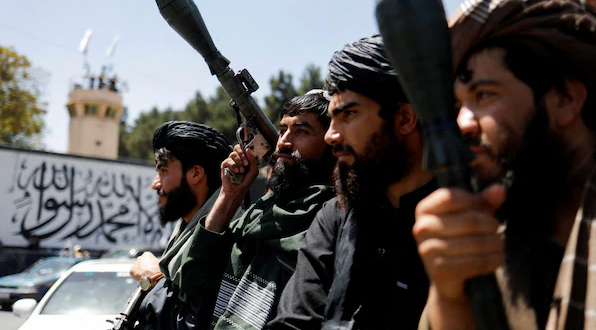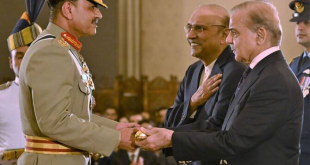KABUL – In a striking policy recalibration, the United States under the second Trump administration appears to be adopting a more pragmatic approach toward the Taliban government in Afghanistan. A recent high-level visit to Kabul by a U.S. delegation has raised eyebrows globally and signals Washington’s renewed interest in engaging with the Taliban—not out of ideological alignment, but out of strategic necessity in a rapidly shifting regional landscape.
The visit, which took place on March 20, 2025, was led by Adam Boehler, the U.S. Special Envoy for Hostage Affairs, and Zalmay Khalilzad, the former U.S. envoy to Afghanistan and a key figure in the original Doha peace talks. During their time in Kabul, the delegation held meetings with senior Taliban officials, marking one of the most direct and high-profile engagements between the two sides since the U.S. withdrawal from Afghanistan in 2021.
This diplomatic outreach, sources say, is part of broader deliberations within the Trump administration on how to respond to the evolving geopolitical reality in the region. Notably, the U.S. is reportedly considering reopening its embassy in Kabul, a move that would formalize diplomatic channels and reflect a significant departure from previous isolationist policies toward the Taliban government.
Behind this shift lies a clear strategic calculation: China’s rapidly expanding influence in Afghanistan. While most Western countries have taken a cautious stance, China moved early to establish diplomatic and economic ties with the Taliban, positioning itself as a dominant player in a region rich with untapped resources and critical trade routes. Beijing’s engagement has included infrastructure investments, security talks, and even tentative steps toward integrating Afghanistan into its Belt and Road Initiative.
Washington’s renewed attention appears to be a direct response to this growing Chinese footprint. Analysts suggest that by engaging constructively with the Taliban government, the U.S. hopes to balance Beijing’s influence and reassert some degree of strategic presence in the heart of Asia. It is also seen as a move to prevent Afghanistan from becoming a vacuum where U.S. adversaries can deepen their foothold.
While the Taliban remain a deeply controversial actor, the shift in Washington’s stance reflects a broader trend in global diplomacy—where realism is increasingly guiding engagement over ideological divides. For Afghanistan, this could open a new chapter of international reintegration, and for the region, it might offer a path toward a more stable and multipolar order.
Whether this engagement will lead to tangible cooperation or be a short-lived gesture remains to be seen, but one thing is clear: the rules of the game in Afghanistan are changing once again.
 Afghanistan Times Latest News and Analysis from Afghanistan and the Region
Afghanistan Times Latest News and Analysis from Afghanistan and the Region



